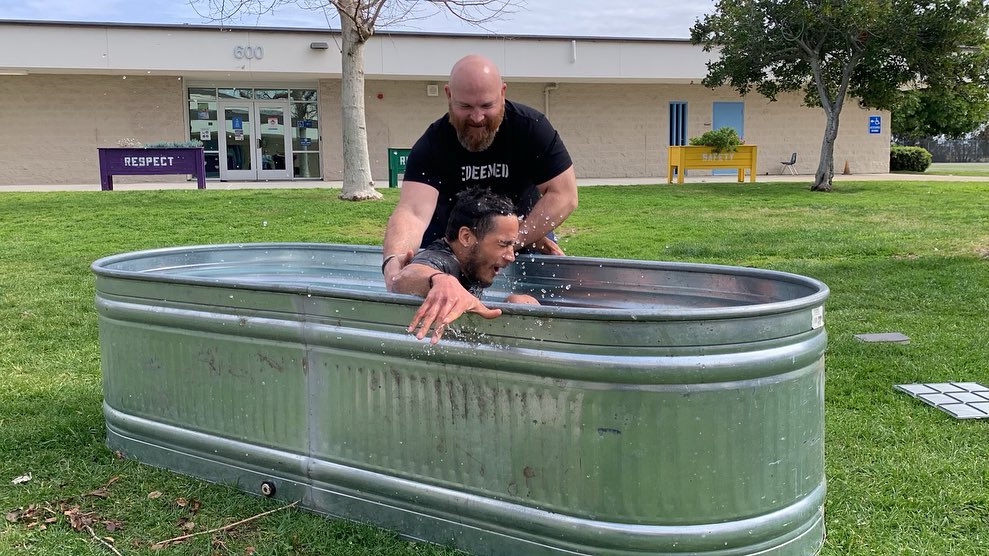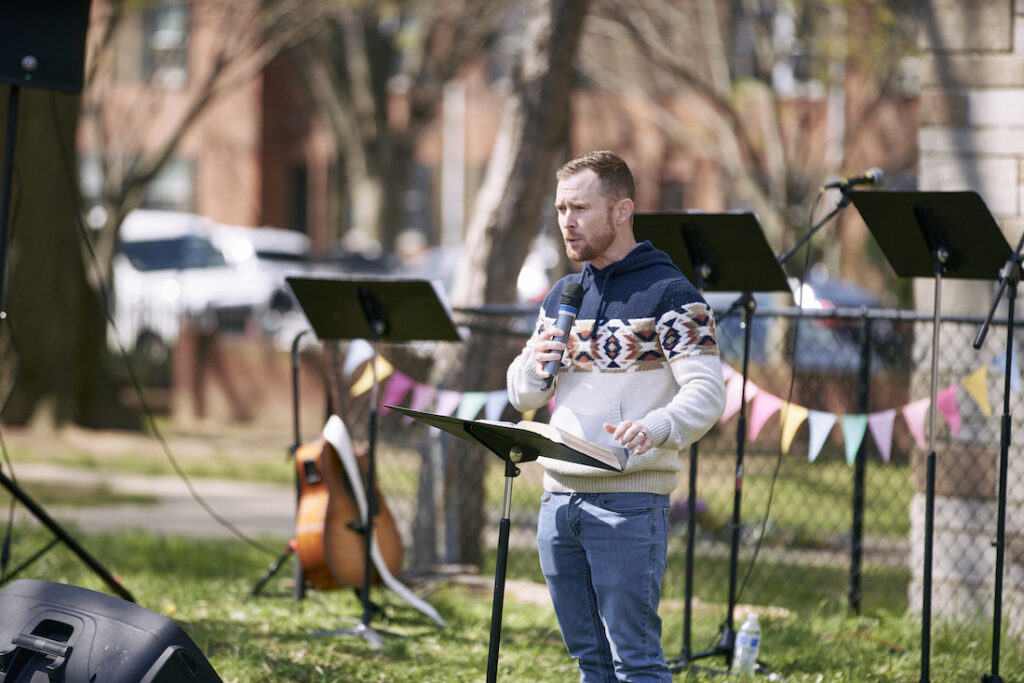This is my third and final post in a three part series (part one, part two) on Christ-centered preaching and teaching. At the Southern Baptist Convention this year there will be a breakfast panel discussion on Christ-Centered Teaching and Preaching hosted by The Gospel Project. Make sure you sign up here.
In light of my previous posts on Christ-centered preaching, the obvious question is about how the preacher should structure an expository sermon that integrates biblical theology thereby emphasizing God’s redeeming work in Christ. While few preaching theorists have provided practical help on this matter, Bryan Chapell has offered some useful ideas that can be implemented easily if the preacher will give attention to the text’s position in relation to Christ.
Chapell states that every text will fall into one of three categories. First, a text may reveal “text disclosure.” This means that a particular text explicitly mentions the redeeming work of God in Christ. Second, a text may reveal “type disclosure.” He defines typology “as it relates to Christ’s person and work is the study of the correspondence between persons, events, and institutions that first appear in the Old Testament and preview, prepare, or more fully express New Testament salvation truths.” Third, a text may also reveal “context disclosure.” In this category, Chapell has four sub-categories. He uses the phrase context disclosure to refer to the act of disclosing the redemptive focus by pointing out if a text is (1) predictive of the work of Christ, (2) preparatory for the work of Christ, (3) reflective of the work of Christ, and/or (4) resultant of the work of Christ. In other words, the expositor may show how every passages is related to God’s redeeming work by identifying where it lies in relation to Christ’s person and work. While one could list many benefits of integrating biblical theology with expository preaching, only three will be noted.
First, by integrating biblical theology with expository preaching, the preacher will be able to faithfully preach the Gospel every week, while also maturing the body of Christ. Obviously, the gospel needs to be proclaimed clearly to unbelievers. However, preachers should also remember that the gospel is more than a ticket to heaven. As Tim Keller has said many times, “The gospel is not just the “A-B-C’s of Christianity but is the A to Z of Christianity.
The gospel is not just the minimum required doctrine necessary to enter the kingdom, but the way we make all progress in the kingdom.” This seems to be what Paul is saying in Gal. 2:14, 39 when he reported that Peter’s “conduct was not in step with the truth of the gospel.” In Keller’s words, “The gospel needs to be applied to every area of one’s thinking, feeling, relating, working, and behaving.”
Preachers should avoid two problematic extremes when explaining and applying the text to believers: moralism (giving demands apart God’s grace) and antinomianism (treating God’s commands lightly because of grace). By incorporating the redemptive elements of the text in one’s exposition, the preacher will be able to offer the hearer something other than these two approaches. He will be able to both explain the specific commands of God that must be obeyed (against antinomianism) and remind the hearers about enabling grace of God that empowers obedience (against moralism). The church needs to hear and experience this third way of living: gospel-centered obedience. Preachers who incorporate biblical theology with exposition can help them do just that.
Second, and related to the first, by incorporating biblical theology with expository preaching, preachers also will avoid the pitfall of treating biblical stories simply as moral examples to follow. Many preachers look at the text, such as stories about David, and make the sermon a basic character study. While there are many examples to be learned from characters in the text, one should be careful about making that the totality of the sermon. A moral example is not wrong in and of itself, but it is problematic if it is done by itself. Christian preachers should not treat the text like a Jewish Rabbi. Again, Christianity is about a grace-enabled, gospel-centered living, and our exhortations should be rooted in God’s grace that gives the listeners hope because of the accomplishments of Christ. For it is by God’s grace that we are saved, set apart and enabled to be people of moral excellence.
Third, by integrating biblical theology with expository preaching, the preacher will be able to confront the postmodern culture that does not have knowledge of the biblical metanarrative. The degree of biblical literacy today seems to be growing increasingly. Therefore, it seems to be a necessity that preachers give the hearers “the big picture” on a consistent basis. Indeed, Christ-centered exposition is needed in every generation, but this particular generation seems to even intensify the need for preachers to preach the forest and the trees.
Published April 16, 2015




